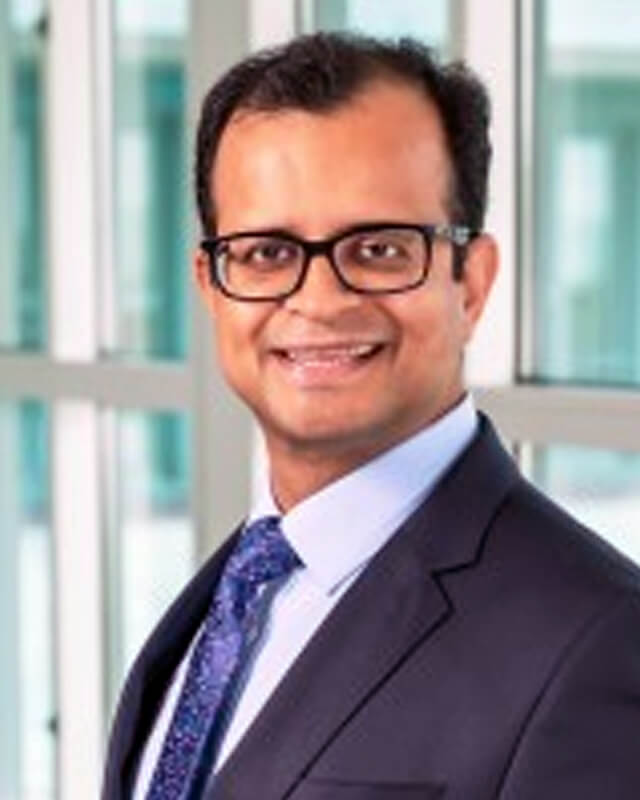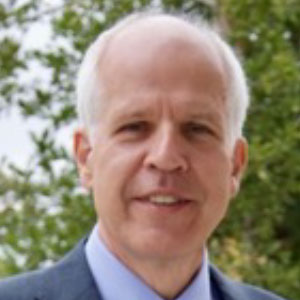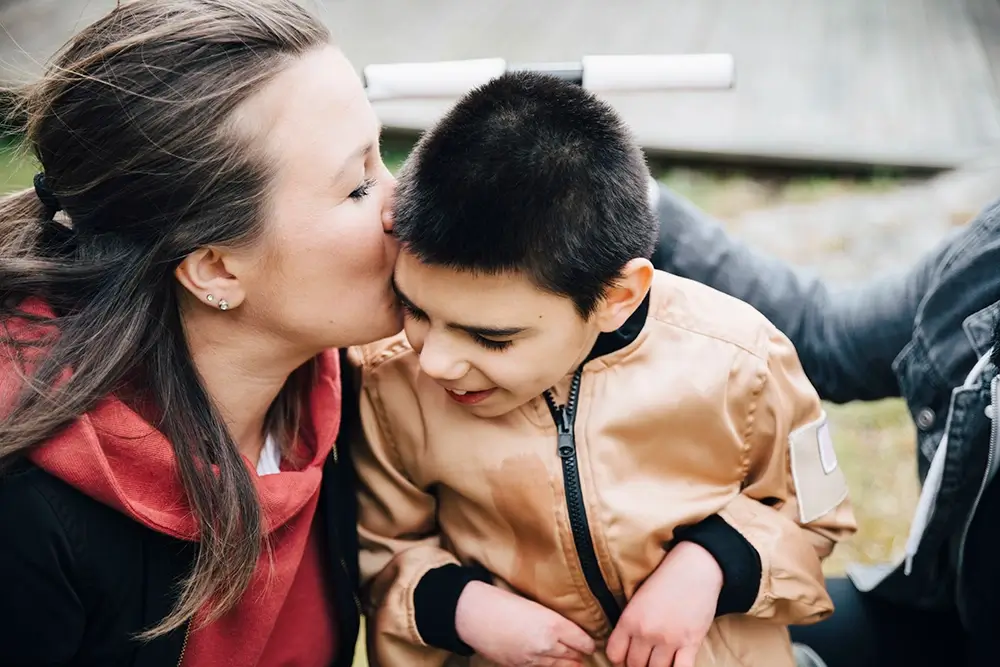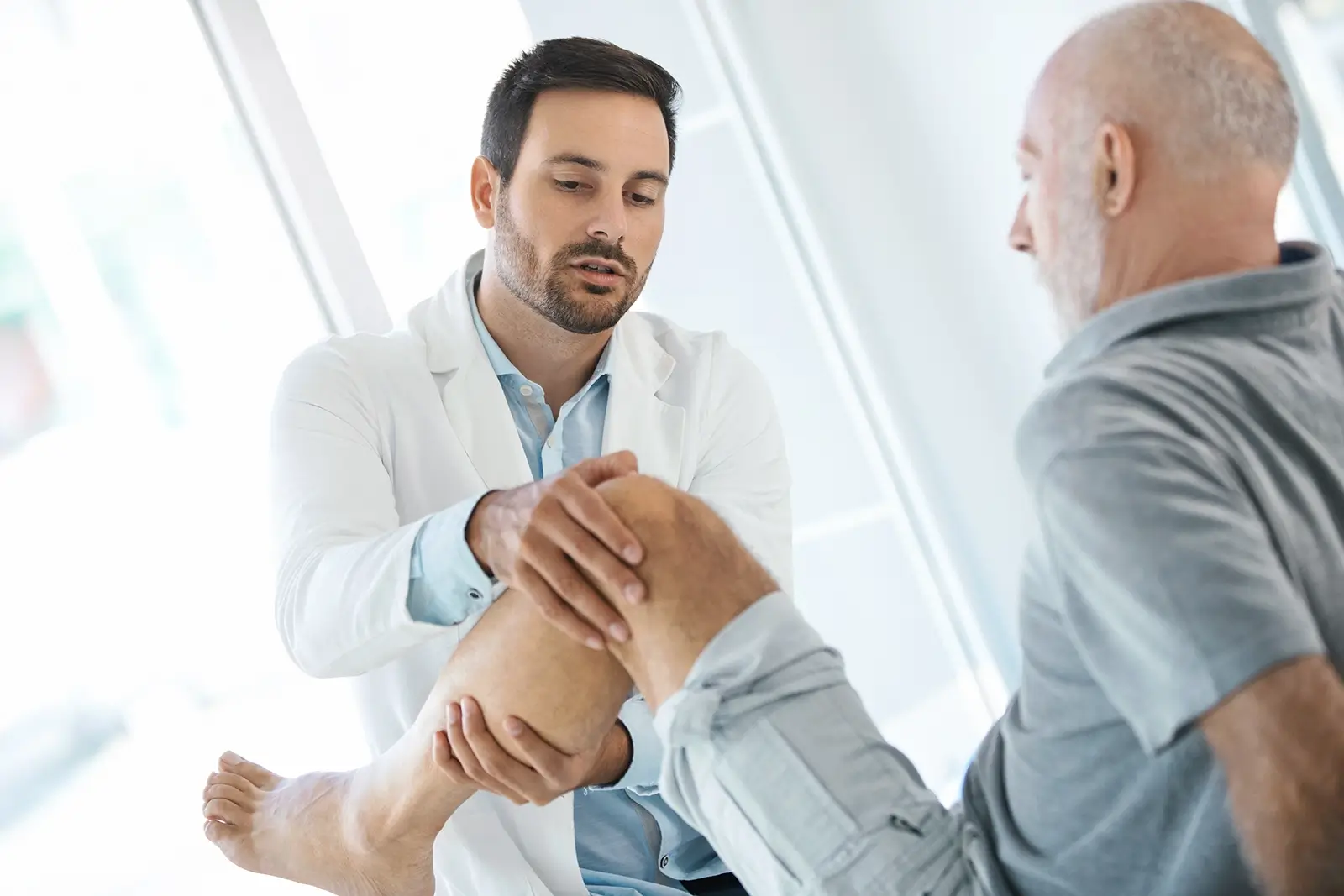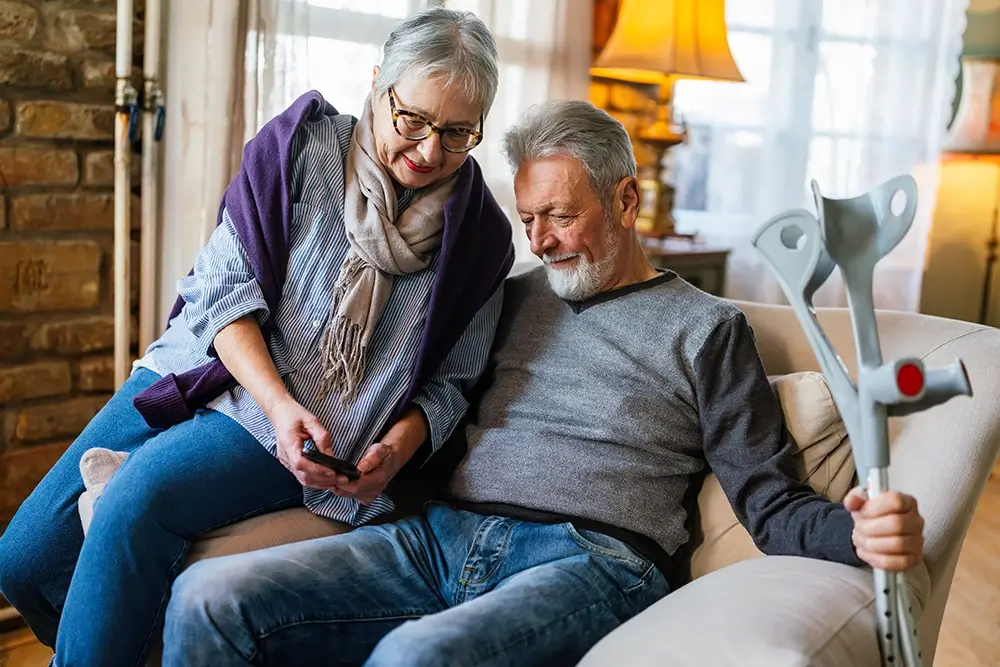Patient Centricity in Neuro degenerative diseases

Webinar Overview
Neurodegenerative Disorders are one of the most burdensome conditions on the planet not only for the patients, but also caregivers, health care providers, and the health care systems. Over the decades there has been a major focus to drive the science and research in the field, leading to better and more precise treatment options for the patients.
Nonetheless, there is a stronger need to incorporate patients' and carers' voices to inform each stage of value creation, from scientific discovery to providing access to new treatment options. This webinar brings experienced voices across the pharma industry and patient organizations to put a spotlight on where we stand on patient-centric approaches in clinical research for neurodegenerative disorders, and where we need to do more.
Who should attend
This webinar is designed for, drug developers, healthcare professionals, patient advocacy groups, and anyone interested in the advancement of neurodegenerative disease treatments.
What will you learn
- Patient-Centric Precision Medicine in Action: Fluid and Imaging Biomarkers for Patient Identification, Stratification and Monitoring Treatment Response
- Treatments for neurodegenerative disorders and the crucial role of biomarkers
- Why it is important to incorporate patient and caregiver input into the design and execution of neurodegenerative disease clinical trials
Speakers

